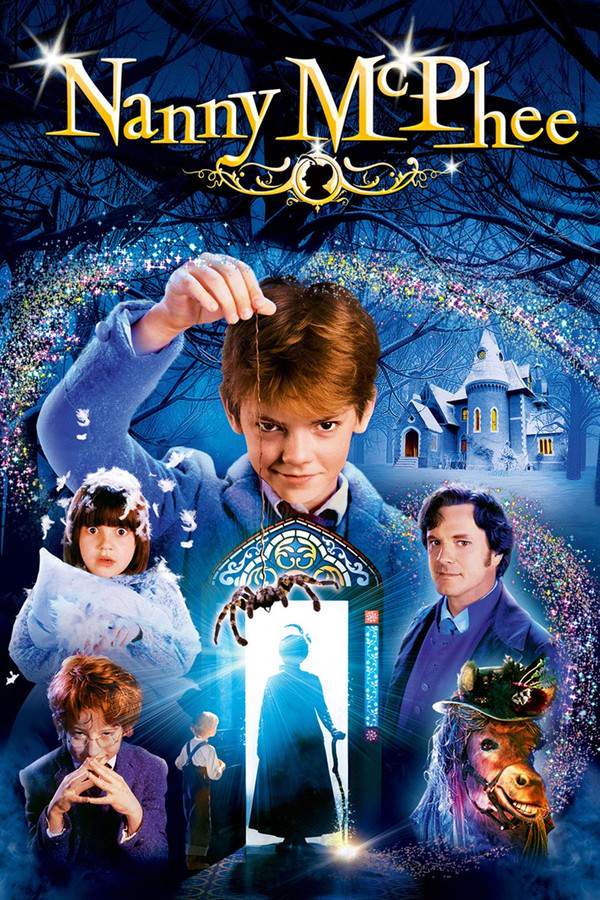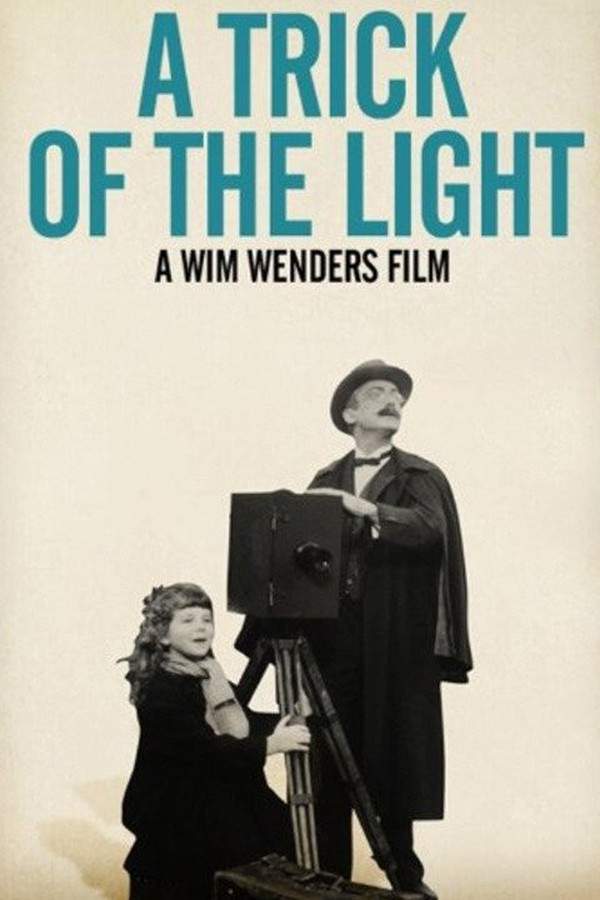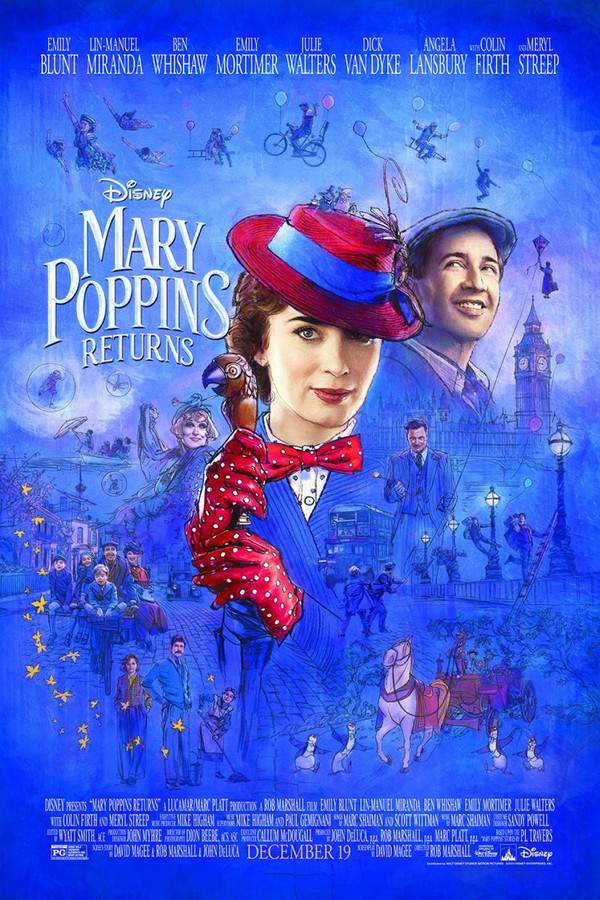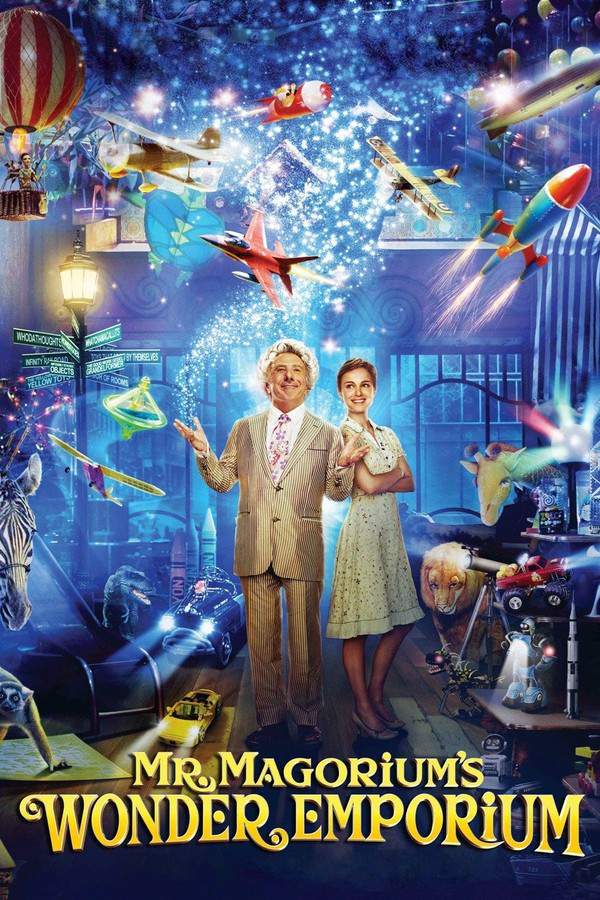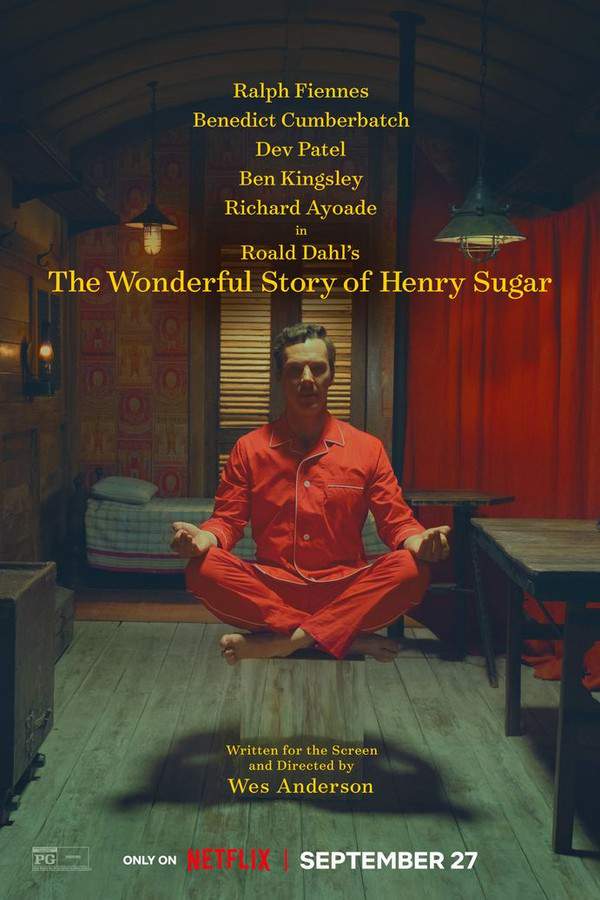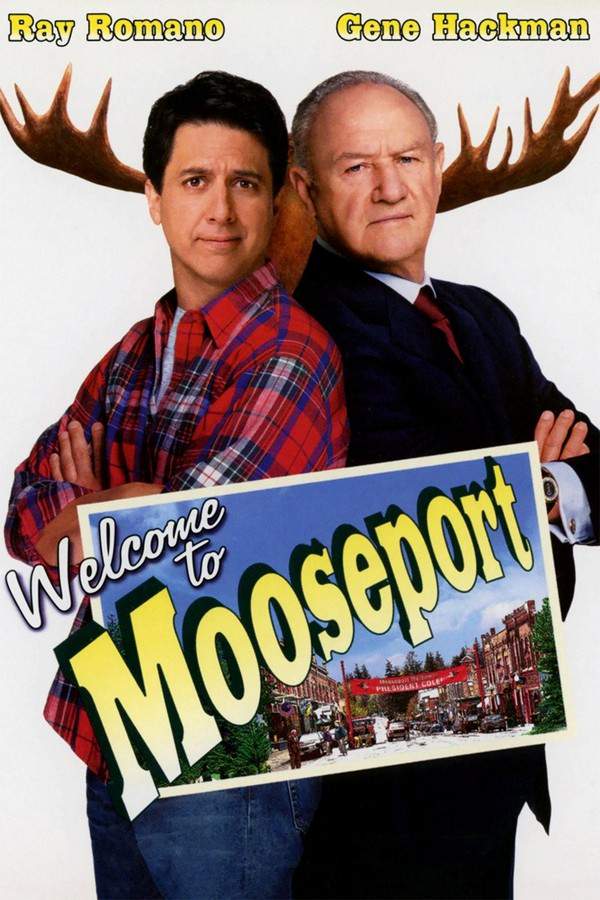
The Italian Key
Year: 2011
Runtime: 95 mins
Language: English
Director: Roosa Toivonen
A whimsical romance follows a 19‑year‑old orphan who inherits only an antique key. The key opens the doors of a crumbling Italian villa, and with each turn reveals long‑forgotten clues about her lineage, turning her search for home into a magical journey through family secrets.
Warning: spoilers below!
Haven’t seen The Italian Key yet? This summary contains major spoilers. Bookmark the page, watch the movie, and come back for the full breakdown. If you're ready, scroll on and relive the story!
The Italian Key (2011) – Full Plot Summary & Ending Explained
Read the complete plot breakdown of The Italian Key (2011), including all key story events, major twists, and the ending explained in detail. Discover what really happened—and what it all means.
Upon receiving a key from her Uncle Max, orphaned Cabella travels to Italy, drawn by a clue that the key is connected to a house bearing the same name, Cabella, tucked away near a quiet village. The journey unfolds with a blend of mystery and budding folklore, and the key’s importance soon becomes central to Cabella’s search for a place to belong. While on the move, she loses the key near a waterfall where she goes for a swim, leaving her with a sense that the past is fragile and secrets linger just beyond the water’s edge. A mysterious man appears, locates the key, and returns it to her, a gesture that feels both providential and enigmatic, as if destiny itself were nudging her toward answers she did not know she was seeking.
With renewed purpose, Cabella travels to the village, finds the house, and uses the key to gain entry, stepping into a world where the past and present brush against each other in quiet corridors and sunlit courtyards. The day after her arrival, she wanders into the local market where the mysterious man is at work, and learns from his cousin, Maria, that the man’s name is Leo, and that he is deaf and mute. Their meeting is the spark that kindles a fragile friendship, as Cabella discovers warmth and humor in Maria’s companionship and the easy familiarity of the town’s people. [Maria] introduces Cabella to her sisters, Sophia and Giulia, opening a doorway to a family she never knew she needed, one full of listening ears, shared stories, and the kind of everyday rituals that give life its texture.
During an intimate evening conversation, Maria confides in Cabella about a crush she harbors for a wealthy Indian man named Lord Jai, who has earned a reputation for mingling with locals after attending a boarding school in the region. The confession adds a layer of romantic tension to the quiet village, while Cabella navigates her own sense of belonging and the uncanny dreamlike quality that increasingly frames her nights. That same night, Cabella encounters Angelo, a spirit who speaks through the hush of the room and urges her to seek answers in the cemetery, amplifying the sense that some histories are not finished yet.
The next morning brings a small ritual of generosity: Leo sends a basket of goods—eggs, apples, and other simple gifts—that arrives as if to remind Cabella that care travels in quiet, practical ways. Maria then takes Cabella to Ambrosia’s funeral, a moment that marks the first of many revelations about the family’s hidden history. Later that night Angelo visits Cabella again and nudges her toward the cemetery to uncover more clues, hinting at a lineage that stretches beyond death and into the earth. At the cemetery, she encounters Senior Bronzini, a man whose rumored past with a nun casts a pale shadow over the present, and Cabella decides to leave flowers for Chiara, a woman buried beside Ambrosia who has no flowers left to adorn her grave.
As the plot thickens, [Lord Jai] returns with a disabled friend, and the truth surfaces: he is searching for his sister, a revelation that shocks Cabella and compels her to delve deeper into the tangled family tree. To learn more about Ambrosia, Cabella and Leo visit Bronzini, where they uncover a devastating truth: Ambrosia was pregnant and chose to join the monastery to give the child up for adoption. The child’s name was Chiara, a detail that threads through the upcoming chapters with a powerful emotional resonance. The sisters each harbor their own private passions—one drawn to painting and often seen wandering into the forest to capture scenes, the other waiting for someone who may never come—adding a lyrical cadence to the community’s everyday life.
A turning point arrives when Lord Jai invites Maria to attend a party, prompting a wardrobe hunt that leads to the discovery of an old red dress and a diary hidden in Chiara’s purse. Reading Chiara’s diary reveals a tale of India, where Chiara loved a rich man named Max and a pianist named Alexander, weaving a love triangle across continents. Chiara’s indecision and eventual pregnancy become a mirror for Cabella’s own search for connection. Angelo confirms that Chiara is Cabella’s mother, a revelation that reshapes Cabella’s understanding of her origins and responsibilities.
Giulia meets a disabled man and finds a tender connection, while Max’s nieces attempt to seize the house where Cabella once lived. Lord Jai steps in to protect what matters, and his intervention helps Cabella realize a surprising truth: Jai is her brother, a fact rooted in a mother’s past and her decision to adopt him. The revelation shifts the dynamic of the party and ripples through the relationships that had been forming in the village. Jai publicly acknowledges Cabella as his sister, and the moment marks a powerful turn toward family reconciliation.
In the aftermath, Cabella learns that Leo is not only able to speak but is more deeply connected to the family than she had realized. Jai’s bond with Maria deepens into a marriage, Sophia begins a quiet romance with her friend, and Giulia discovers her own path toward love. Angelo delivers the final piece of news to Chiara, prompting her reunion with Max, and Cabella finally meets Alexander, her father, in a moment that feels both inevitable and emotionally vast. The film closes on a hopeful note as Cabella and Leo walk through fields together, their steps steady as they face a future built from the threads of loss, memory, and newfound family.
Last Updated: October 03, 2025 at 06:47
Explore Movie Threads
Discover curated groups of movies connected by mood, themes, and story style. Browse collections built around emotion, atmosphere, and narrative focus to easily find films that match what you feel like watching right now.
Whimsical inheritance stories like The Italian Key
An unexpected inheritance unlocks a magical journey into a forgotten family history.If you enjoyed the magical discovery in The Italian Key, you'll love these movies where an inherited object sparks a journey. These stories feature lighthearted mystery, charming settings, and heartwarming reveals about family and identity. Find more movies like The Italian Key here.
Narrative Summary
These narratives often begin with an ordinary protagonist who is bequeathed an enigmatic item or property. This inheritance acts as a catalyst, propelling them into a new environment where they must solve a gentle mystery tied to their lineage, often with a touch of magical realism guiding the way.
Why These Movies?
Movies are grouped here for their shared focus on a low-stakes, magical mystery driven by inheritance. They blend whimsical tones with steady pacing, creating a comforting and hopeful experience centered on self-discovery and the joy of unearthing a personal history.
Cozy self-discovery movies like The Italian Key
Gentle escapes to picturesque places that help characters find themselves.Looking for more feel-good movies like The Italian Key about finding yourself in a beautiful place? This collection features gentle dramas and romances set in idyllic locations where the journey is as comforting as the destination. Discover similar cozy, character-driven stories here.
Narrative Summary
The plot is less about external conflict and more about an internal journey. A protagonist escapes their routine or grief by entering a tranquil, often rustic or European, setting. The slow unfolding of the location's charm and the people they meet gently guides them toward healing and a new understanding of who they are.
Why These Movies?
These films are united by their calming, low-intensity vibe and the central theme of finding one's place in the world. The emphasis is on atmosphere, emotional warmth, and a steady, reassuring pace that makes the viewer feel as comforted as the protagonist.
Unlock the Full Story of The Italian Key
Don't stop at just watching — explore The Italian Key in full detail. From the complete plot summary and scene-by-scene timeline to character breakdowns, thematic analysis, and a deep dive into the ending — every page helps you truly understand what The Italian Key is all about. Plus, discover what's next after the movie.
The Italian Key Timeline
Track the full timeline of The Italian Key with every major event arranged chronologically. Perfect for decoding non-linear storytelling, flashbacks, or parallel narratives with a clear scene-by-scene breakdown.

Characters, Settings & Themes in The Italian Key
Discover the characters, locations, and core themes that shape The Italian Key. Get insights into symbolic elements, setting significance, and deeper narrative meaning — ideal for thematic analysis and movie breakdowns.

The Italian Key Spoiler-Free Summary
Get a quick, spoiler-free overview of The Italian Key that covers the main plot points and key details without revealing any major twists or spoilers. Perfect for those who want to know what to expect before diving in.

More About The Italian Key
Visit What's After the Movie to explore more about The Italian Key: box office results, cast and crew info, production details, post-credit scenes, and external links — all in one place for movie fans and researchers.


